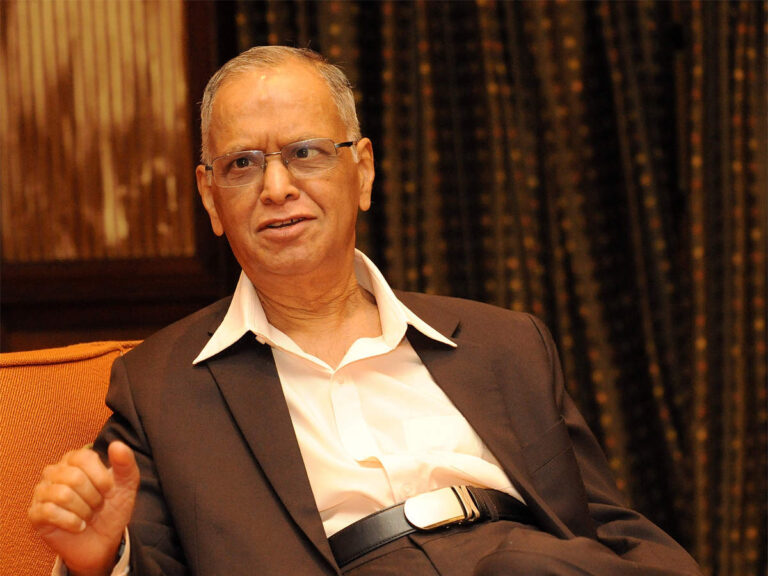For some years, I conducted a classroom exercise with my students in which they rated their ability to talk to others about their lives. The basis of that exercise was a “self-disclosure” questionnaire by psychologist Sidney Jourard. That instrument featured a series of statements about such matters as religious beliefs, romantic relationships, politics, money, food preferences, hobbies, sexual experiences, personal anxieties, and future aspirations. For each statement, the students were asked to describe the extent to which they had talked about this issue with four different individuals: their father, mother, best male friend, and best female friend.
For each of the four categories, respondents marked one of four answers: Have told the other person nothing about this aspect of me (0); Have talked in general terms about this (1); Have talked in full detail about this (2): Have lied or misrepresented myself so that the other person has a false picture of me (X). People summed their own scores for each of the four categories (X was counted as –1), so they had a sense of their own openness about these issues. Then the class discussed a broader set of answers from students in other course sections.
We did this mostly to learn how social scientists ask questions, code answers, and summarize those answers for different subcategories of respondents. However, we were also quite interested in the topic and in the answers people gave.
Having done this exercise many times, I can report that individuals vary widely. Sometimes, respondents leave a column blank because they don’t have a relationship with a parent or don’t have a “best friend” of one sex or the other. Female students tend to have higher overall scores. The women’s total score for openness to their best female friend was higher than the male students’ openness to their best male friend. People of both sexes tend to be more open to their mothers than to their fathers, though this depends on the issue at hand. In general, females are better recipients of information; for that reason, males commonly share more with their best female friend than with their closest buddy. And several topics remain quite guarded: sex, money, deviant behaviors, and even religion.
Most interesting to me were the discussions we had about these issues. The students acknowledged that their generation tends to “over-share,” a condition exacerbated by social media. Information and images once reserved for close family members and friends can quickly become public matters. That said, they understood the importance of keeping certain things private. As they saw it, sharing information centers on questions of “trust,” including the listener’s potential reaction to the news. One doesn’t tell certain things to a parent because they’ll “get mad” or otherwise overreact. Be careful disclosing to a new friend or romantic partner, because that relationship could end and then the disclosure might “get around.” Fundamentally, revealing closely held information reflects a judgment about the teller-listener relationship. Bare your soul at your own risk.
I should note that Jourard’s research was part of the humanistic psychology movement. He believed that, in general, it is better for people to be open with one another than to be secretive or deceitful. That disclosive spirit should also be central to therapy. Indeed, therapists themselves should strategically divulge personal information as a way of building trust and facilitating exchanges with their clients.
My interest here isn’t therapy sessions or religious confessionals. Instead, I focus on disclosure in everyday life, with people that we know. How do those revelations happen—and what concerns should guide them?
Voluntary Disclosures
Psychologists typically consider self-disclosure to be the voluntary revelation of personal information to a sympathetic listener. This includes thoughts, fears, goals, preferences, and experiences. Being open in that way sounds simple. But it isn’t.
One issue is the accuracy of our accounts. Most of us shade the truth in some fashion. Many of us exaggerate our feelings and accomplishments to make them more dramatic. Some of us tell untruths. I knew a woman who told a man she was dating that she had graduated from Bryn Mawr. Not true; she’d never attended any college. Her falsehood became problematic when she married the fellow. For tellers, lies create the burden of secrecy and, ultimately, exposure. For listeners, they raise the specter of doubt and its central question: How many other lies is this person telling?
Ponder also why we disclose. Sometimes, we simply want attention from a considerate listener. We may also desire something specific in exchange for that revelation—similar information from them, a better reputation, or advanced standing in an organization. Be clear, too, that many things we say are attempts to bolster self-esteem. We want to feel good about who we are. Being honest feels better than being secretive and deceitful.
Finally, consider how the disclosure will be received and used. Will the listener keep our confession to themselves? Will someone’s knowing this information harm rather than improve their lives? Most of us have sense enough not to tell our aged parents about all our youthful high jinks. Our current partner shouldn’t hear the details of our previous relationships.
Semi-voluntary Disclosures
There’s a party game, “Truth or Dare,” in which participants make a choice. They can answer a potentially embarrassing question about their life experiences or they can perform an embarrassing stunt.
Such antics are best left to young adults and those who relish a rowdy self-image. However, the game illustrates a more general point: Sometimes we are asked to “confess.” Those levels of inducement vary widely. Fortunately, most of us will not be in prisoner-of-war camps where tormentors try to extract truthful information from us. We may not become defendants in a court proceeding where our honest testimony is part of a plea deal. But in a hundred other ways, we’ll feel pressure from people to divulge our secrets. “Dish,” our good friend urges.
Sometimes, as in a job interview, we must answer questions—from the most general (“Tell me about yourself”) to the quite specific (“Have you ever …”). Just as the prisoner can refuse to answer his captor, so we can refrain from answering. But doing so is no path to success.
More interesting is informal group pressure to be an open, expressive person. Although some male friendships are so activity-based that participants can get by without much self-revelation, most people consider sharing to be part of friendship. I had a tennis buddy who didn’t tell me he was getting married until a day or two before the event. I guess we weren’t that close.
Pointedly, most friendships honor the principle of reciprocity. You share something: I share something in return. This can lead to problems, especially in asymmetrical relationships. If a person tells me a “secret” that they have shared widely, is that the same as a secret I share with them? Is a confession of infidelity from a newly divorced person equal to one from someone still married? Some revelations cost little; others cost much.
Involuntary Disclosures
Much disclosure is unintentional or accidental. As both Freud and Goffman insisted, slips and errors are prominent features of social life.
Sometimes, we blurt information. Victims of alcohol or just high spirits, we “get chatty.” More commonly, we reveal feelings nonverbally, through facial expressions and bodily gestures. Sometimes, it’s hard to control emotions like shock, disgust, and anger in situations. Our expressing them—in the way we do—reveals much to observers. So does failing to respond in a situation where a certain response is expected. One should express joy at a wedding, sorrow at a funeral. Inability to do so invites the question: “What’s your problem?”
Be clear that people are audiences and observers just as they are tellers. And they are especially attentive to us in our unguarded or off-stage moments. They overhear our whispered comment to a good friend; they see our look of disapproval when our partner talks to someone else. Worst perhaps is when our private conversations are captured on video and circulated. Gossiping is fundamental to society; all too often, people know our secrets before we tell them.
I am fond of thinking that we give ourselves away at every moment of our lives. That is too strong. But it is the case that shared confidences are just one element in the larger way people assemble visions of us. Honest disclosure is good practice, but relationship building involves a more complicated set of judgments.




















+ There are no comments
Add yours